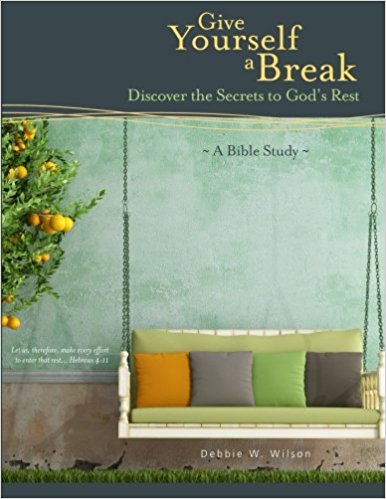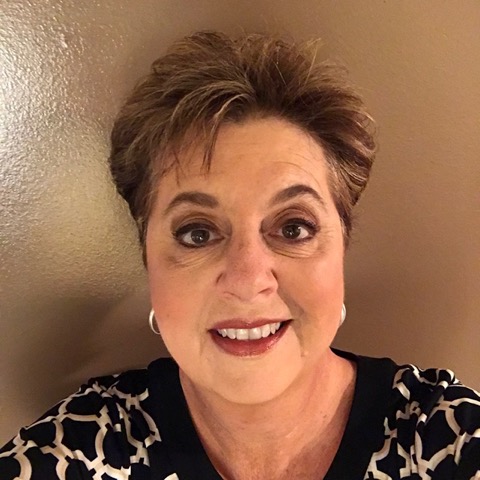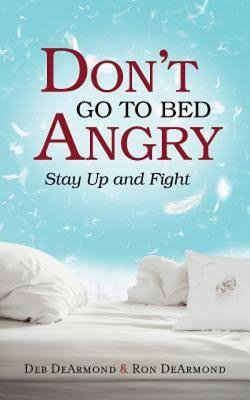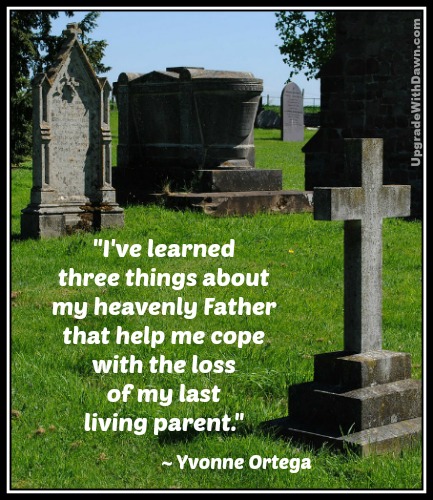Pam Farrel, relationship specialist, is always on the lookout for Word-based insights to encourage stronger, healthier relationships to the glory of God. In this Relationship UPGRADE, she shares a special “key” to unlocking greater love.
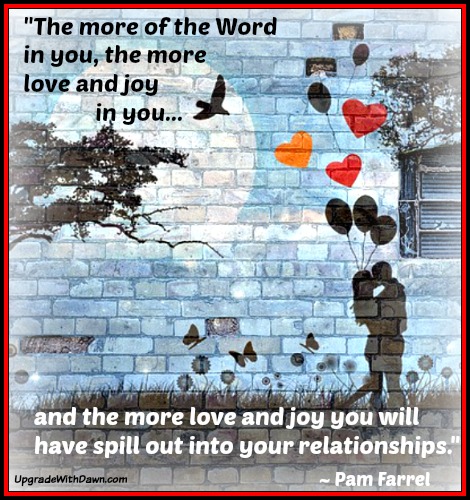
“Love and joy are intricately connected—like a hook and eye, peanut butter and jelly, salt and pepper, or keys of ebony and ivory,” Pam says.
“Love and joy pour into each other until our life plays the beautiful melody of happiness God intends for each of us.”
I (Dawn) think this is a truly special insight. We tend to only think about love in relationships, but link that to sincere joy and an amazing thing happens. Love blooms.
Pam continues . . .
Mother Teresa said, “A joyful heart is the normal result of a heart burning with love."
And Mark Twain believed, “To get the full value of joy you must have someone to divide it with.”
During the last year, while writing Discovering Joy in Philippians, I pondered how joy positively impacts a person’s life and relationships.
Most people see Philippians as primarily a book about joy, but as I plunged a bit deeper, I easily saw some relationship best practices revealed in this short, but powerful book of the Bible.
One of the keys to unlocking health in relationships and producing more joy is revealed in a simple equation:
The more of the Word in you, the more love and joy in you AND the more love and joy you will have spill out into your relationships.
Here’s how the Word empowers us to have healthier and happier relationships.
1. Wash In the Word
To keep my attitude positive and to stay more attuned in all my relationships, I like to integrate various study techniques so the Word washes over and through me, delivering positive life improvement.
One way to gain a new mindset is to allow God’s Word to play the soundtrack to your life.
You can do this in the daytime by layering God’s Word throughout your day:
- Play Christian music,
- Post verses,
- Hang scripture art,
- And place devotionals and Bible studies throughout your home.
At any time, the transformative Word is in sight and within earshot.
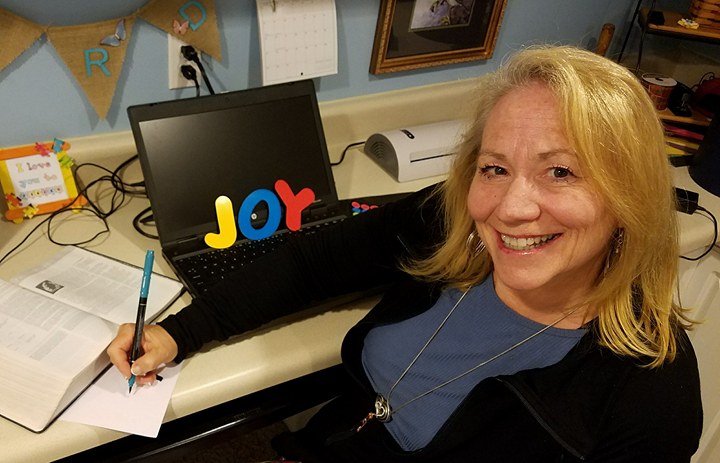 While writing Discovering Joy In Philippians—and in the next year, now that I am teaching it online—I fall asleep to the audio version of Philippians, or a play list with worship songs about joy.
While writing Discovering Joy In Philippians—and in the next year, now that I am teaching it online—I fall asleep to the audio version of Philippians, or a play list with worship songs about joy.
By listening to God’s Word, my fears are calmed, I am infused with joy and courage, and my heart is refined.
2. Walk Out the Word
This priority on relationships is reflected in the letter of Philippians:
“I thank my God in all my remembrance of you” (1:3).
People can tell when you feel thankful and appreciative of them.
We want to live in such a way that when people recall us, or someone even mentions our name, they light up with praise and delight.
Also, by thanking God for someone, our “attitude of gratitude” builds a sense of deeper respect, honor and gratefulness toward the person.
“always in every prayer of mine for you all making my prayer with joy” (1:4).
Praying for someone is one of the greatest gifts you can give to a person.
Knowing someone is praying for you, with JOY, draws us to people because they express gladness and sincere excitement when they see us.
“It is right for me to feel this way about you all, because I hold you in my heart, for you are all partakers with me of grace…” (1:7).
My husband, Bill, and I use this verse as the theme to our book, The Marriage Code. We love how God gives the goal of living as “partakers of grace”, then He shares HOW to do that: “hold you in my heart.”
This means we choose to NOT make a relationship about a list of behaviors.
To “hold on your heart” means carrying someone with constant love while giving the benefit of the doubt to their intentions.
When a relationship is based only on behaviors, NO ONE can stay good enough, long enough to succeed at a relationship.
Love gives the grace that trumps human imperfection.
“And it is my prayer that your love may abound more and more, with knowledge and all discernment” (1:9).
3. Wade into the Word
Another way to gain a fresh appreciation of a verse and how to apply it is to read it in a few translations or paraphrased versions.
I appreciate the expanded vocabulary definitions included in verses 9 and 10 in the Amplified version:
“And this I pray, that your love may abound more and more [displaying itself in greater depth] in real knowledge and in practical insight, so that you may learn to recognize and treasure what is excellent [identifying the best, and distinguishing moral differences], and that you may be pure and blameless until the day of Christ [actually living lives that lead others away from sin]” (1:9-10, emphasis mine).
I also cherish these verses in The Message as it is a wholesome challenge for how to live out love and joy to positively impact relationships:
“So, this is my prayer: that your love will flourish and that you will not only love much but well. Learn to love appropriately. You need to use your head and test your feelings so that your love is sincere and intelligent, not sentimental gush. Live a lover’s life, circumspect and exemplary, a life Jesus will be proud of…” (again, emphasis mine).
As we wade deeper into the Word, we can often gain fresh insights and anticipate God working.
Are joy and love overflowing out of your heart and into your relationships? Of the ideas shared in this blog on how to process the Word to raise the quality of what you have available to pour into your relationships, which idea can you begin with to have to biggest positive impact?
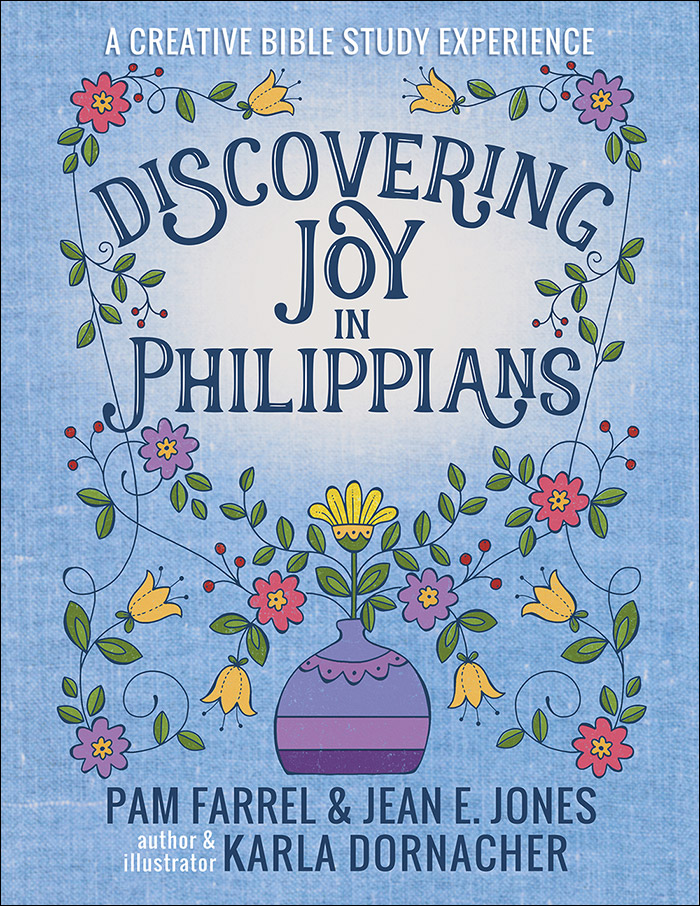 Pam Farrel is the author of 46 books including many bestsellers like: Men Are Like
Pam Farrel is the author of 46 books including many bestsellers like: Men Are Like 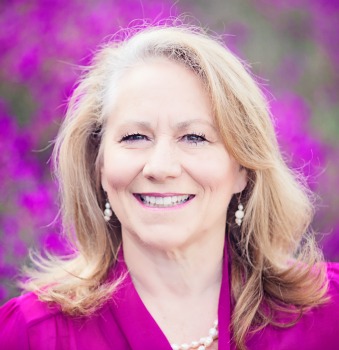 Waffles, Women Are Like Spaghetti and Discovering Hope in the Psalms: A Creative Bible Study Experience . She also enjoys co-authoring with Jean E. Jones and artist Karla Dornacher, and their next book, Discovering Joy In Philippians: A Creative Bible Devotional Experience , releases May 2019. Pam also loves mentoring and coaching women online; and she and her husband, Bill, stay active speaking and writing on marriage, family, relationships and on Living Love-Wise.
Waffles, Women Are Like Spaghetti and Discovering Hope in the Psalms: A Creative Bible Study Experience . She also enjoys co-authoring with Jean E. Jones and artist Karla Dornacher, and their next book, Discovering Joy In Philippians: A Creative Bible Devotional Experience , releases May 2019. Pam also loves mentoring and coaching women online; and she and her husband, Bill, stay active speaking and writing on marriage, family, relationships and on Living Love-Wise.
Graphic of graffiti wall adapted, courtesy of Angela Yuriko Smith at Pixabay.
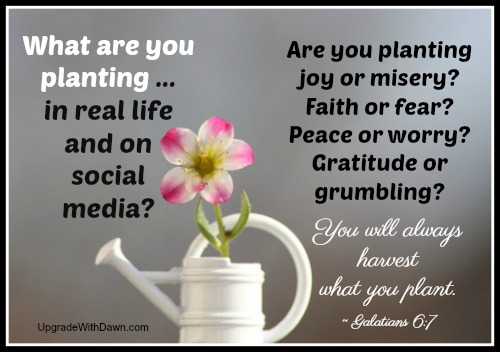 I have heard the scripture, Galatians 6:7-8 for years. I know it refers to being careful not to "sow" to our sinful flesh (which is destructive), but to instead plant to please the Holy Spirit, because from the Spirit we will reap eternal life and spiritual growth.
I have heard the scripture, Galatians 6:7-8 for years. I know it refers to being careful not to "sow" to our sinful flesh (which is destructive), but to instead plant to please the Holy Spirit, because from the Spirit we will reap eternal life and spiritual growth. and the creator the blog, Upgrade with Dawn. She is a contracted researcher/reviewer for women's teacher and revivalist, Nancy DeMoss Wolgemuth, at Revive Our Hearts, a blogger at TrueWoman.com, writes wiki-type posts at Christianity.com, and is a regular columnist at Crosswalk.com. She and her husband Bob live in sunny Southern California, and Dawn has traveled with Him in Pacesetter Global Outreach. They have two grown, married sons, three granddaughters and a rascally maltipoo, Roscoe.
and the creator the blog, Upgrade with Dawn. She is a contracted researcher/reviewer for women's teacher and revivalist, Nancy DeMoss Wolgemuth, at Revive Our Hearts, a blogger at TrueWoman.com, writes wiki-type posts at Christianity.com, and is a regular columnist at Crosswalk.com. She and her husband Bob live in sunny Southern California, and Dawn has traveled with Him in Pacesetter Global Outreach. They have two grown, married sons, three granddaughters and a rascally maltipoo, Roscoe. 1 Comment → Posted on
1 Comment → Posted on  Tuesday, August 18, 2020 at 9:39AM
Tuesday, August 18, 2020 at 9:39AM 









